We usually associate Salmonella bacteria with a dangerous type of food poisoning, but they actually are pretty good at seeking out tumors. That trait made the bacteria a great candidate to deliver a protein that would help knock tumors out.
Jin Hai Zheng, from Chonnam National University in Korea, and his colleagues, created a weakened, non-infectious form of Salmonella typhimurium bacteria to use as "Trojan horses" into cancerous tumors, according to their research published in Science Translational Medicine.
The bacteria were injected intravenously into mice which had experimentally been given human colon cancer . The Salmonella honed in on tumors, infiltrated their low-oxygen environments, and released a protein called FlaB that signaled the body's white blood cells to attack the cancer. The cells that were called and came to fight the tumor were macrophages—known for their ability to eat offending microbes and cells.

Scientists aren't sure why Salmonella seems to find its way to tumors in the body, but that characteristic has been used in cancer therapy before, usually to deliver anti-tumor drugs. This technique hasn't been as successful as researchers hoped—and relapse was common—because once inside the tumor, the Salmonella didn't spread within the tumor and finish killing the tumor cells.
The special twist in the new research was the use of the FlaB protein. These proteins are recognized by receptors—cellular sensing and docking stations—on the macrophages used to respond to invading microbes. Once the bacteria invaded the tumor and secreted the FlaB protein, macrophages were alerted to the presence of the microbes and reacted by killing the tumor cells they contained.
The new research showed that, three days after the mice were injected, the numbers of bacteria inside the tumors were 10,000 fold greater than was found in other organs. Just as important—within two weeks, the size of the tumors became so small that they couldn't be found in 11 of the 20 mice, the mice lived longer than the mice not treated with the FlaB-bearing Salmonella, and they didn't have metastases (cancer spread to new locations).
The research study was done on mice and, even though they had colon cancers made of human cells, their immune system is different than humans. The mice experiments gave researchers a way to get a closer look at the cells involved, paving the way for future work with humans.
A New Twist on an Old Hypothesis
Using bacteria to induce an immune response against cancer is not a new idea. William B. Coley observed tumor remission following infections in his patients and was so convinced that an infection could cure cancer that in 1891 he injected Streptococcal bacteria into a patient with inoperable cancer. The tumor shrank, and over the next 40 years, he injected more than 1,000 cancer patients with bacteria or bacterial products that became known as Coley's toxins.
Exposures to fever-causing infections with childhood diseases has been associated with reduced risks for melanoma, ovary, and other cancers. Acute infections in adults were found to be associated with reduced risks for meningioma, glioma, melanoma, and incidence of all cancers combined.
The hypothesis was that chronic infections resulted from a failed immune response, but acute infections ramped up the immune system that fought the cancerous invading cells. Nevertheless, chemotherapy and radiation became fashionable and effective treatments for cancer, and Coley's toxin treatment—with no clinical trials as proof—went by the wayside.
Today, as the importance of the complexities of the immune system are appreciated and elucidated in the body's response to cancer, we are turning back to the immune system as a weapon in the fight against cancer. Bacterial sneak attacks that bring the immune system to the tumor are a new twist on a very old hypothesis.
The future of this type of cancer treatment may lie in laboratory modifications of bacteria to enhance and direct the immune response to the tumor, where it can do its job—not with random attempts at causing infections with the hope that something good will happen.
Just updated your iPhone? You'll find new emoji, enhanced security, podcast transcripts, Apple Cash virtual numbers, and other useful features. There are even new additions hidden within Safari. Find out what's new and changed on your iPhone with the iOS 17.4 update.
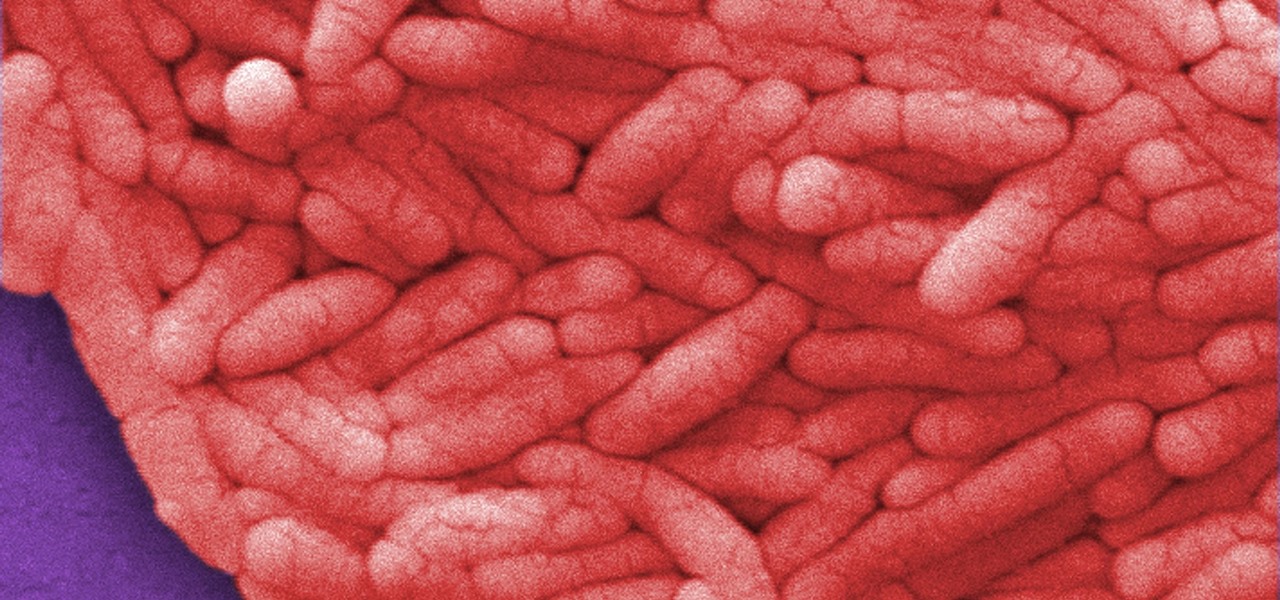




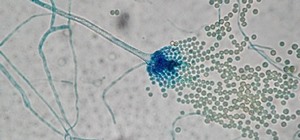
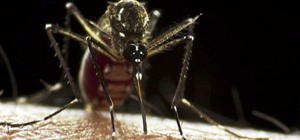

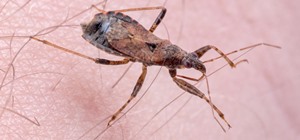






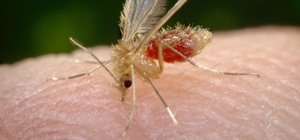


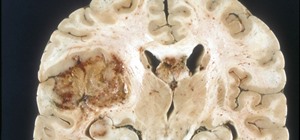


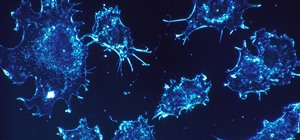

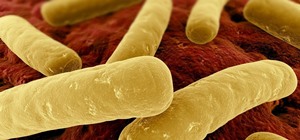

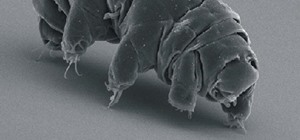

Be the First to Comment
Share Your Thoughts